Startup Growth and the Surprising Power of Sleep: What the Data Says About Founder Health Habits
Startup Startup Growth Founder Health Habits 5 Minutes
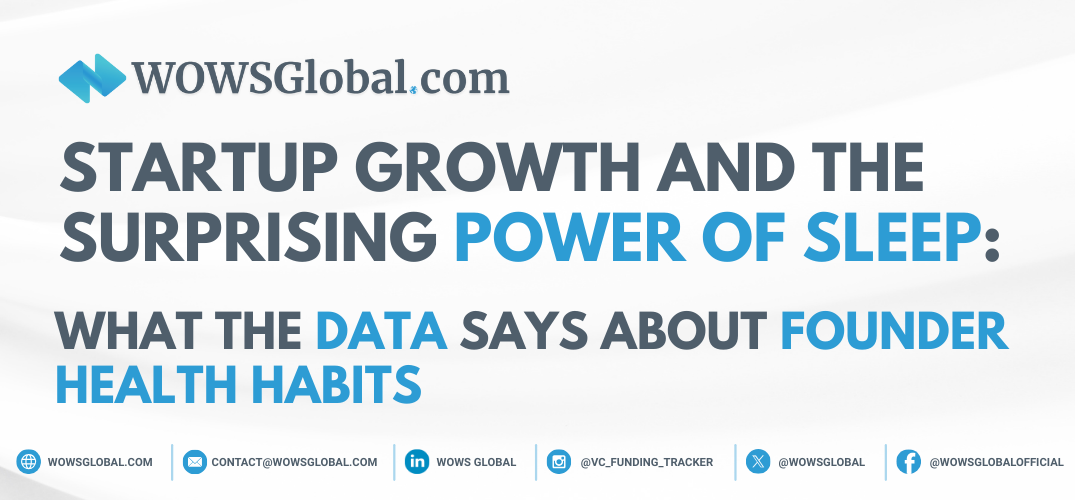
In the high-stakes world of startup leadership, long hours, high stress, and personal sacrifice have long been considered rites of passage. But emerging data is beginning to reshape that narrative offering compelling evidence that how founders take care of themselves may be as important as how they take care of business.
According to the 2024 SaaS Benchmarks Report by High Alpha, founder lifestyle choices particularly around sleep, fitness, and mental wellness show notable correlations with company performance. The numbers are raising eyebrows across the venture community and forcing a rethink of the traditional “hustle” culture.
The Goldilocks Zone: Sleep and Startup Growth
Forget the myth that great founders run on caffeine and four hours of sleep. The data tells a different story.
Companies whose founders get 6 to 7 hours of sleep per night report the highest median year-over-year revenue growth at a striking 60%. Those burning the candle at both ends (less than 5 hours of sleep) trail with 48% growth. On the flip side, founders getting more than 8 hours also underperform, at just 33%.
The sweet spot coined by the report as the “Goldilocks zone” suggests that moderate but consistent sleep may fuel sharper decision-making, healthier leadership, and ultimately, better business outcomes.
Exercise: A Tradeoff in Early-Stage Hustle
Interestingly, the fastest-growing companies were least likely to be led by fitness-focused founders.
Founders who reported zero days of exercise per week saw a 60% median growth rate. Those working out 3–4 days a week? Just 32%. The drop-off is significant, but the report offers important context.
As companies scale, founders begin to reclaim personal time including for physical wellness. The correlation here may be less about health, and more about stage-of-company dynamics.
Professional Mental Fitness Support: A Counterintuitive Insight
Founders are increasingly turning to mentors, business coaches, and mental health specialists. But does it drive growth?
Surprisingly, companies led by founders who use no professional support at all are growing nearly 10% faster than those who do. Nearly half of founders (49%) reported not working with any coach, mentor, or specialist compared to 26% who engage mentors, and 23% who work with business coaches.
The insight is unexpected, but the report cautions against drawing simple conclusions. These numbers may reflect differences in company maturity, leadership style, or founder experience more than the support itself.
The Takeaway: Timing, Not Just Tactics
While it would be a stretch to suggest causality, the patterns are hard to ignore. The best-performing founders seem to strike a balance not overextending into extreme hustle or excessive self-care, but instead syncing their habits to the demands of each growth phase.
-
Sleep: 6–7 hours is the performance sweet spot
-
Exercise: Less frequent in early stages, rebounds with scale
-
Mental Support: Mixed impact, possibly tied to founder archetype
This signals a broader shift in how we understand founder performance. Health matters but when and how founders invest in it may matter more.
WOWS Take: Building Smart, Not Just Hard
As the startup world matures, so too does its leadership culture. Sleep is no longer a badge of laziness, and grinding through burnout is no longer a marker of grit.
In today’s ecosystem, founders are learning to treat themselves like their most valuable asset which, according to the data, might be the smartest growth strategy of all.
Looking to scale smarter?
WOWS Global helps founders not just grow, but grow sustainably. Let’s talk.
Related Posts
-
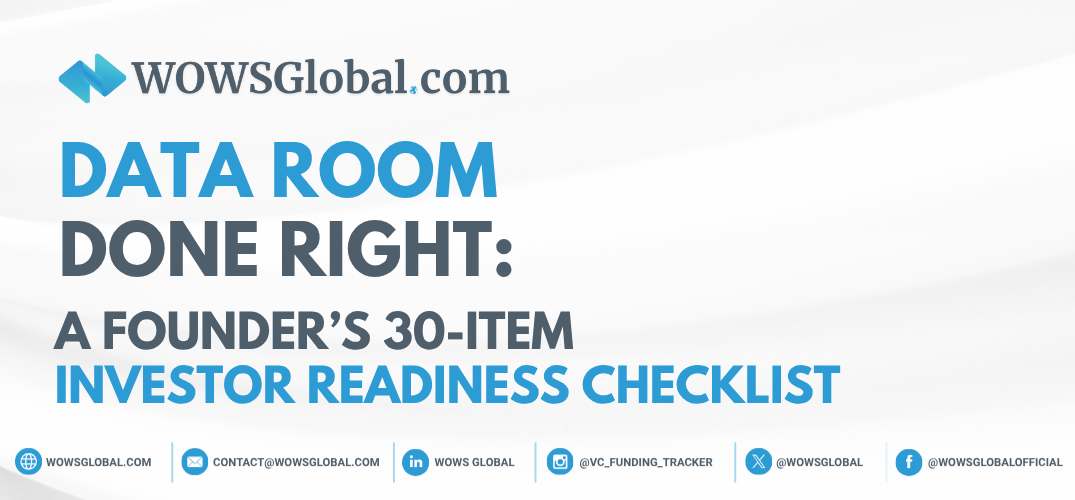
Investor Due Diligence Readiness Virtual Data Room Founder 4 Minutes
Data Room Done Right: A Founder’s 30-Item Investor Readiness Checklist
Investors don’t fund mysteries. This Seed–Series A checklist shows exactly what to include, governance, product, metrics, financials, security, and round mechanics, so diligence speeds up, not stalls. Need help? WOWS Global can review and structure your data room. -
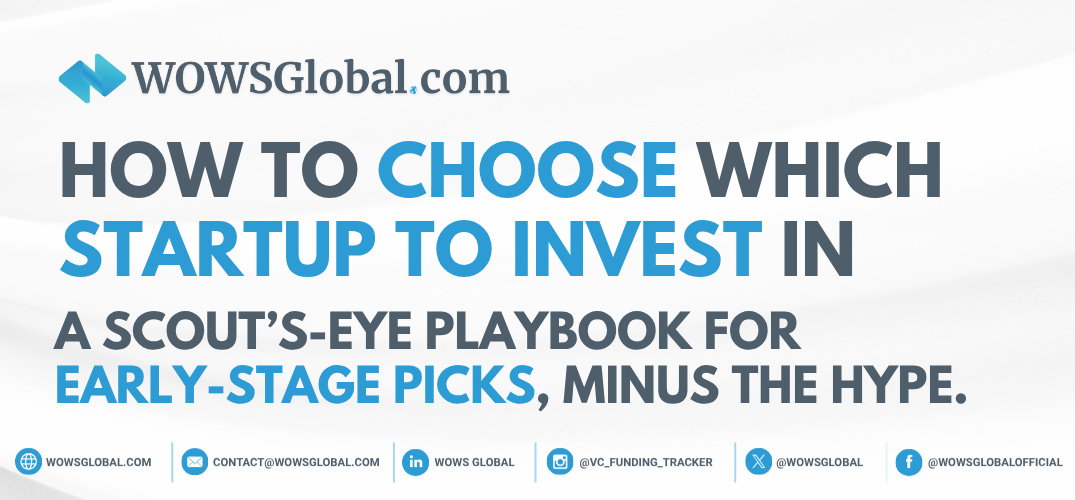
Startup & Venture Capital Early Startups Founder Investment 3 Minutes
How to Choose Which Startup to Invest In
Choosing a startup isn’t a coin toss. This quick-read playbook covers market sizing, founder fit, unit economics, risk mapping, and terms, written in a toned-down sports recap style. Wrap up with “WOWS Insight,” where WOWS Global explains how it matches investors with companies that fit their thesis, stage, and traction. -
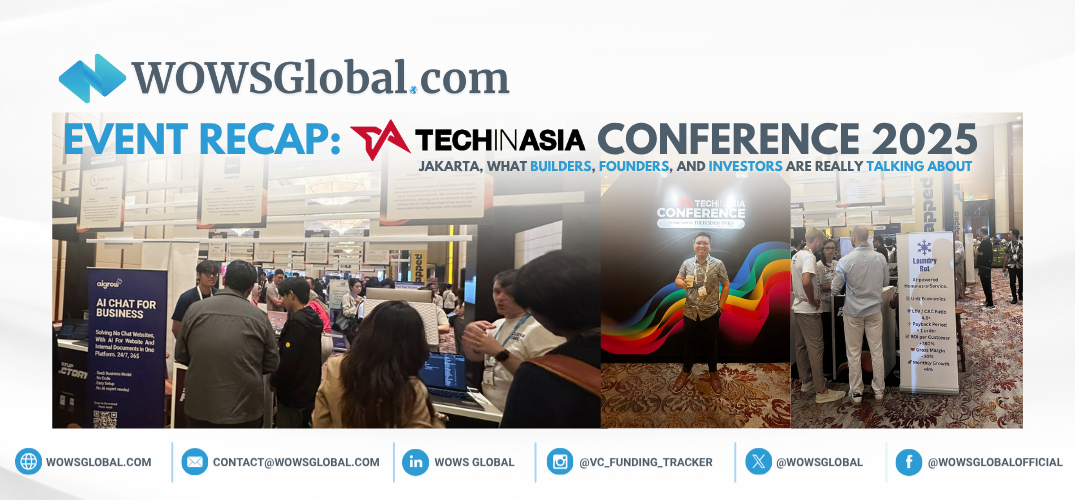
SEA Indonesia AI Startups Founder 3 Minutes
Event Recap: Tech in Asia Conference 2025, Jakarta, What Builders, Founders, and Investors Are Really Talking About
The must-know insights from Tech in Asia 2025 Jakarta, AI, capital discipline, and Indonesia’s role, fresh from WOWS Global’s vantage point. -
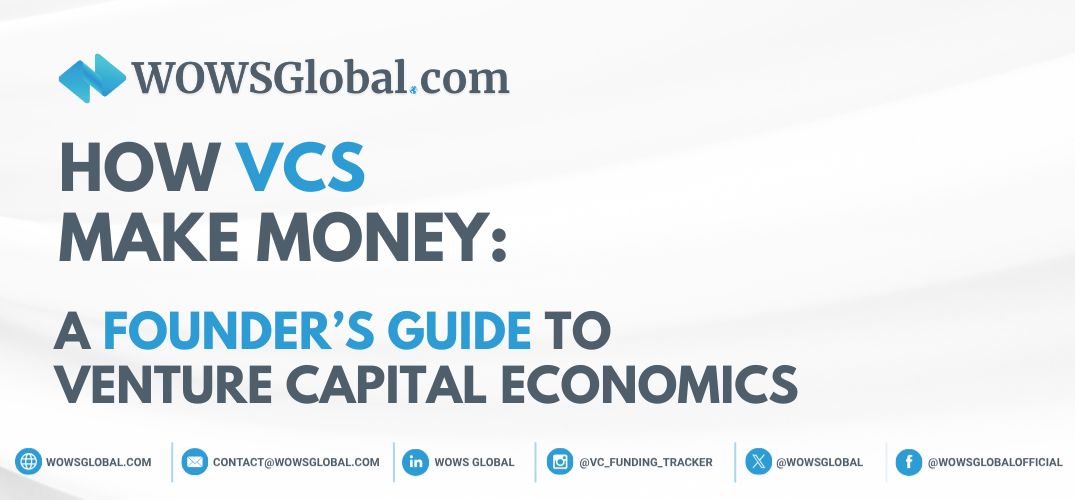
Startup & Venture Capital VC Funding Founder IPO 2 Minutes
How VCs Make Money: A Founder’s Guide to Venture Capital Economics
Venture capital isn’t a black box. Learn how LPs, GPs, fees, carry, and portfolio math actually work, then frame your pitch as the fund-maker with a credible exit path. -

FoodTech Health Bangkok SEA 2 Minutes
GetFresh: Thailand's Fastest Growing Health Food Brand
GetFresh is turning healthy eating into a daily habit in Bangkok. With farm-first sourcing, a multi-channel model (dine-in, delivery, meal plans, catering), and growing B2B traction, the Anchit Sachdev and Sid Sehgal-led team is building a defensible better-for-you platform poised for disciplined expansion across Thailand and select SEA metros. -

Founder SaaS Financial Advisory Business Growth Startup Growth 2 Minutes
Founders Under Pressure: Go-to-Market Execution Tops the Stress List
Go-to-market, not product or AI, is what keeps SaaS founders up at night. High Alpha’s 2024 SaaS Benchmarks shows 76% rank GTM as their top worry, with stress rising as companies scale despite greater financial security. The takeaway: founders need more than capital, they need GTM muscle, talent support, and wellbeing strategies.
